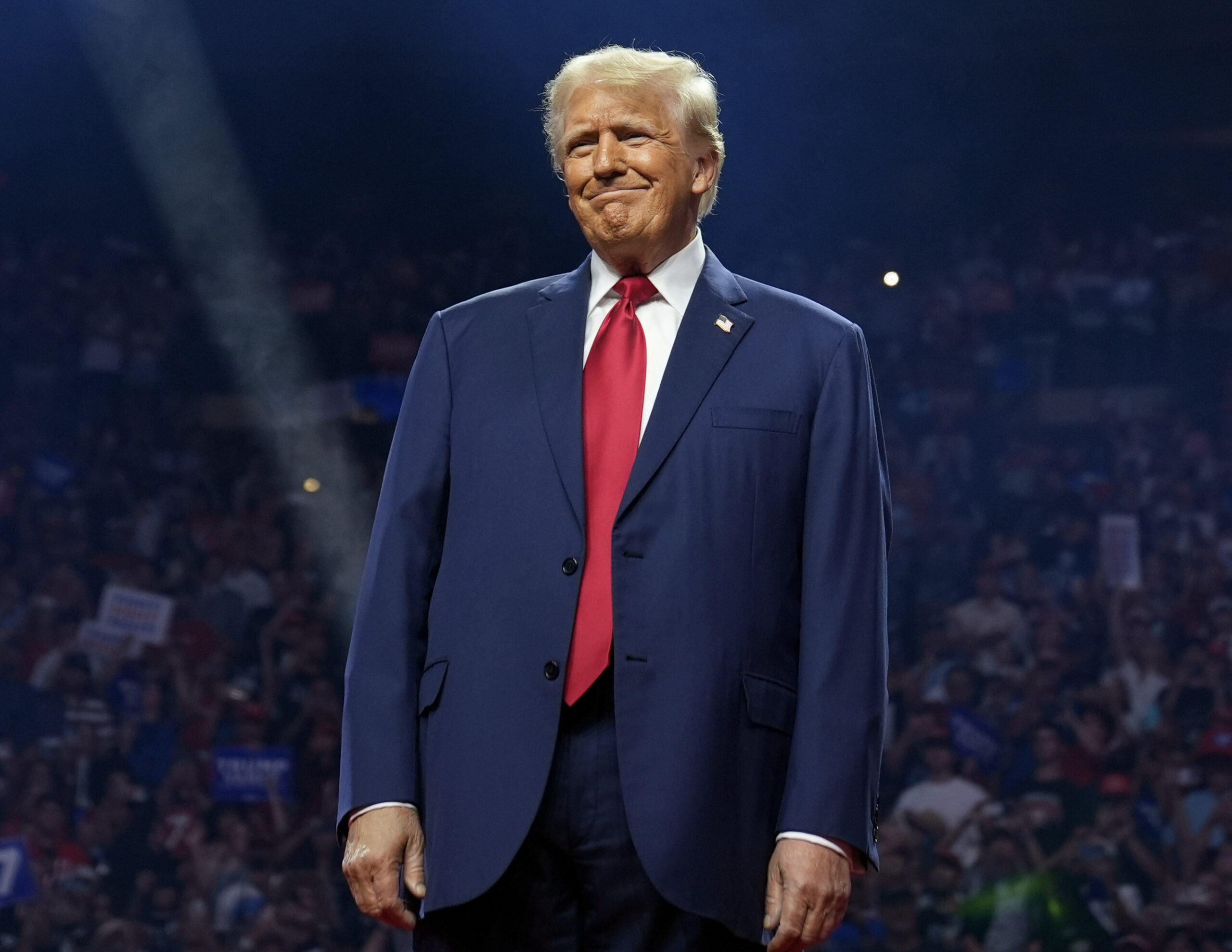
President-elect Donald Trump reportedly plans to issue an executive order on January 20, 2025, his first day in office, to ban transgender individuals from serving in the U.S. military. The controversial decision, according to The Times, would result in as many as 15,000 active-duty service members being medically discharged, deemed unfit to serve.
Trump’s proposed action also seeks to prevent transgender individuals from enlisting, citing ongoing recruitment struggles across all military branches. This marks a significant reversal of policies enacted during the Obama administration that allowed transgender service members to serve openly.
Hegseth Tapped for Defense Leadership
Trump has nominated former Fox News host Pete Hegseth to lead the Department of Defense. In recent interviews, Hegseth criticized the inclusion of transgender personnel in the military, describing it as “pushing boundaries” and claiming it creates complications for integration and deployment.
“You can’t integrate transgender people as easily as individuals of different races,” Hegseth argued, adding that reliance on medical treatments makes them “non-deployable.”
Renewed Debate Over Military Readiness
The Trump administration’s stance is not new. In 2017, then-President Trump announced a similar ban via Twitter, citing “tremendous medical costs and disruption” associated with transgender service members. That decision was partially implemented but later reversed by the Biden administration, which restored the right for transgender individuals to serve openly.
The Department of Defense has faced scrutiny over its expenditures on gender-affirming medical care for service members. Between 2020 and 2023, the Pentagon reportedly spent over $26 million on surgeries, hormone therapy, and related treatments for transgender personnel.
Transgender Service Members Speak Out
Despite ongoing challenges, transgender service members have made significant contributions to the military. In 2022, Major Jason Vero, a transgender pilot, received accolades for his leadership and achievements. Vero credited his ability to serve authentically with saving his life.
Similarly, Major Rachel Jones, a U.S. Army Sustainment Command Cyber Division chief, highlighted the importance of authenticity. “I grew up hiding who I was, which led to depression and suicidal thoughts. Serving openly has been life-changing,” Jones said.
Impact of Proposed Ban
The military’s current policies allow active-duty members to request waivers for medically necessary gender-affirming surgeries. However, under Trump’s proposed ban, such waivers would likely be eliminated, along with existing protections for transgender personnel.
Critics argue that the ban would not only undermine military readiness but also erode decades of progress toward inclusivity. Transgender individuals account for approximately 0.3% of military personnel, a proportion similar to their representation in the general U.S. population.
Looking Ahead
Trump’s executive order, if enacted, will face significant legal and social opposition. Advocacy groups, along with bipartisan lawmakers, are expected to challenge the policy in court. Meanwhile, current and former transgender service members continue to advocate for their right to serve, emphasizing their dedication and contributions to national security.
With Trump’s inauguration looming, the debate over the role of transgender individuals in the military is set to intensify, raising questions about the balance between inclusivity and operational effectiveness in the armed forces.